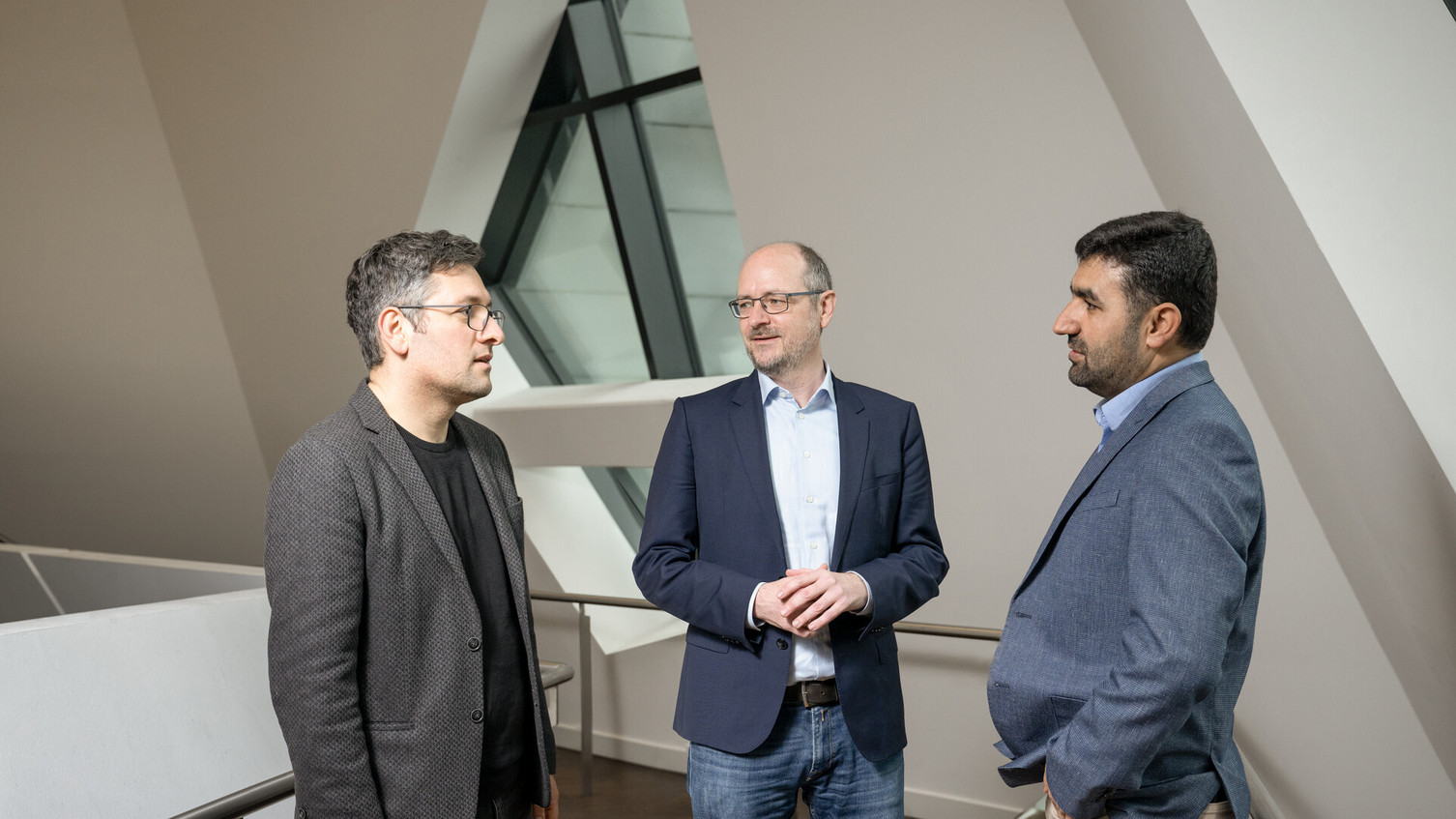Educational research: Analysing global data on innovation and leadership
2023-12-05 What does innovation in education mean? The term is not clearly defined in research, yet innovation in education is crucial for the improvement and sustainable development of schools. Prof Dr Marcus Pietsch will be systematically analysing international data over the next three years. The University of Oslo is an important co-operation partner.
Although leadership is considered crucial for innovation in schools, there is a lack of systematic reviews and meta-analyses that examine the relationship between these two topics and enable evidence-based decision-making. In the DFG project "Educational Leadership and Innovation: Systematising the Evidence", Marcus Pietsch, Professor of Educational Science, in particular Educational Management and Quality Management, therefore wants to systematically review the state of knowledge and obtain reliable results based on meta-analytical methods. "We are analysing global data. Innovation can vary even at school level and between nations anyway," says Marcus Pietsch. In Germany, for example, digitalisation often stands for innovation, in Nigeria innovation can be a new building and in Kyrgyzstan it means participation in a national project, as preliminary studies have shown.
The project will produce systematic reviews and meta-analyses based on published studies and data from school performance studies such as PISA or the OECD TALIS project, which examines the learning environment and working conditions of teachers at school. The collaboration with Prof. Dr Ronny Scherer from the Centre of Educational Measurement (CEMO) at the University of Oslo is particularly important: "He is regarded as a leading expert in meta-analyses worldwide," explains Marcus Pietsch. The research team also includes Alexander von Humboldt Research Fellow and review expert Prof Dr Mehmet Bellibaş and psychometrician Dr Burak Aydin.
In the second step, the researchers are investigating the generalisability and heterogeneity of the relationship between leadership and innovation. The aim here is to generate robust empirical knowledge for evidence-based decision-making and sustainable change in the education system. "In another meta-study, we found that the effect of leadership on student performance is zero worldwide," says Marcus Pietsch and explains: "How leadership is practised, but also how students and teachers allow themselves to be led, varies culturally. We were able to identify positive effects of leadership, for example in some Asian countries, but there were also negative effects. When averaged, the data therefore resulted in a value of zero."
Heisenberg Professor Marcus Pietsch therefore believes that a global study of leadership in schools will be essential in the future: "Large-scale school performance studies in particular, but also many other educational surveys, often contain a bias, as they largely draw their data from countries that can be described as WEIRD (western, educated, industrialised, rich, democratic). In the PISA study, for example, data from African countries is almost never considered."

